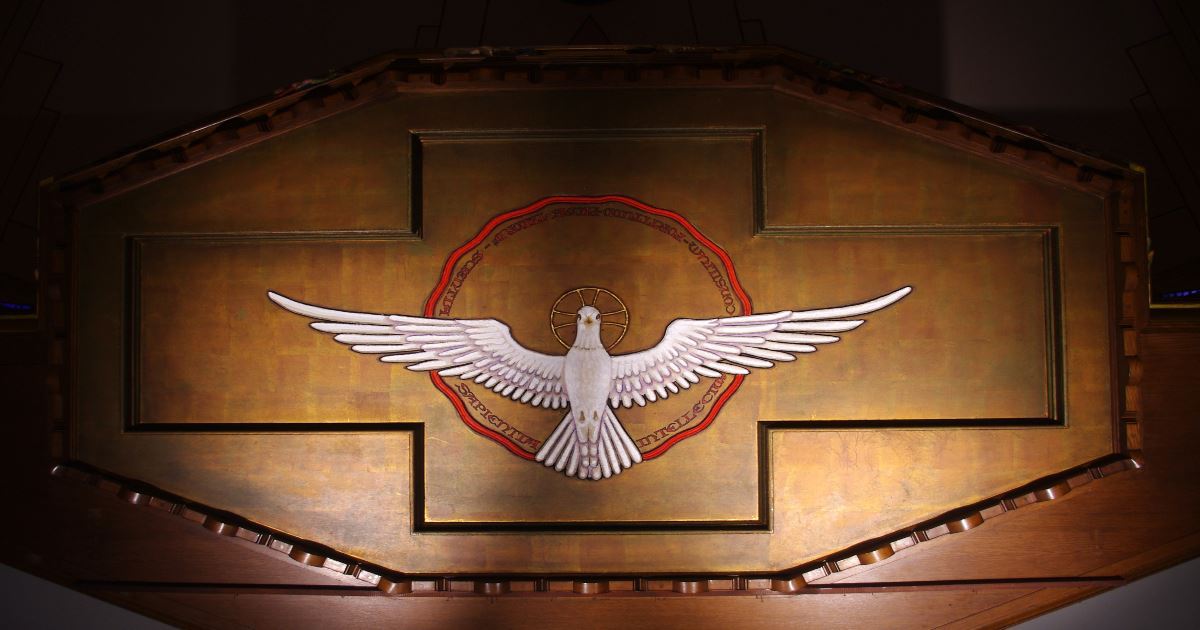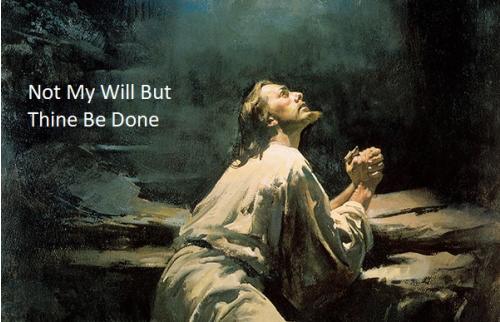The Hell of Monotony
My family just watched the 90’s comedy, Groundhog Day. It’s about a man, Phil Connors, who lives February 2nd repeatedly. Whenever he falls asleep or dies, he wakes up at 6 AM, Feb. 2nd and relives that day. As entertaining as the movie is (one of Bill Murray’s best), I’m not the first person to notice religious undertones it contains. You can read commentary about how the movie hints at philosophies found in Buddhism, Judaism, and Christianity.
Phil relives the same day for nearly 34 years given all the knowledge and skills he obtains. He knows practically everyone in the town, learns how to play the piano at a professional level, French poetry, and ice sculpting, just to name a few. But reliving the same day that many times is someone’s personal Hell. Like Sisyphus rolling a boulder up a hill only to see it roll back, Phil is condemned to live each day only to start over and never knowing how to break out of it.
Stunted Spiritual Growth
While many of us don’t relive the exact same day as depicted in the movie, we can fall into routines where each day just feels the same. We enter loops of monotony. We wake up, go to work, listen to the same news stories, eat the same foods, watch the same shows, play the same games, sleep, and repeat. Like Phil, we feel like there isn’t a point to our day as it seems like we’re doomed to do the same things repeatedly.
It’s not that our days need to be bad or challenging to experience our own Groundhog Day. We may like our jobs, have good health, and not have any real problems. But are we growing spiritually? Are we striving to be a better person? Often, we get stuck in the loop of the status quo never challenging ourselves to do better. We may start to withdraw from others in an attempt to isolate ourselves from the inconveniences associated with personal growth — the schedules, the commitments, and dealing with different personalities.
Opportunities to Improve
Phil broke out his loop by putting together the perfect day. He stopped trying to manufacture a day where he got what he wanted and instead focused on what others needed. He caught a boy falling out of a tree, bought insurance from an annoying salesperson, gave the Heimlich to someone choking, and fixed a flat tire for some senior citizens. He even tried to help an elderly homeless man whom he ignored in his first dozen years. Now the critic in me has to point out that all these nice deeds were to ultimately impress a woman. Groundhog’s Day is a romantic comedy at heart after all. But strip out that predictable plot point and you are left with a man who breaks out of his hell by serving others.
The skeptic may also note that Phil could act selflessly because he knew exactly where to be when needed. He had lived the day so many times, he memorized who needed help and when. We don’t have that gift of foresight. However, while our days may not be the same, we can also learn how to be at the right place at the right time. Every day is an opportunity to improve ourselves. We can reflect each night on what we did well and where we fell short. Who are we ignoring who desperately needs our help? As long as there is a tomorrow, we can strive to put together that ideal day and break out of any loops we may have in our lives.
Because Phil was stuck reliving the same day, he also had to interact with the same people. One particular annoying person was an insurance salesman, Ned Ryerson. At first, Phil tried to avoid him or punch him. But he later learned to just act nicely to him and make his day by purchasing insurance. We often can’t change who we interact with. We may have annoying coworkers, family members, and sometimes friends. But we can change how we interact with them. God may be putting us in difficult situations so that we can learn how to deal with others as he wants us to.
How the Rosary Helps us Break Monotony
Let’s look at the apostles in the First Sorrowful Mystery. By the time Jesus was arrested, the apostles probably had fallen into a comfortable routine. I wouldn’t be surprised if they had stopped being amazed by Jesus after years of traveling with him. They had gotten comfortable with the lifestyle of traveling from village to village as part of Jesus’ entourage. But then they didn’t know what to do when Jesus was arrested. Maybe they had grown so comfortable in their routines that they stopped trying to grow spiritually. They were asleep in the garden; their physical state possibly reflecting their motivational state.
The apostles broke out of their loops when Jesus ascended into Heaven and they needed to go out at evangelize Jesus’ message. God may not be calling us to such dramatic changes. But we can work at making each day count. Every morning is a new opportunity to work towards spiritual growth. We can work harder at avoiding sin and temptation. We can work harder at more devotional prayer and spiritual formation. And we can work harder at being there for the people who need us. If you feel like you’re stuck in a loop, treat each day as an opportunity to break out of it by striving to live according to God’s divine plan.



















